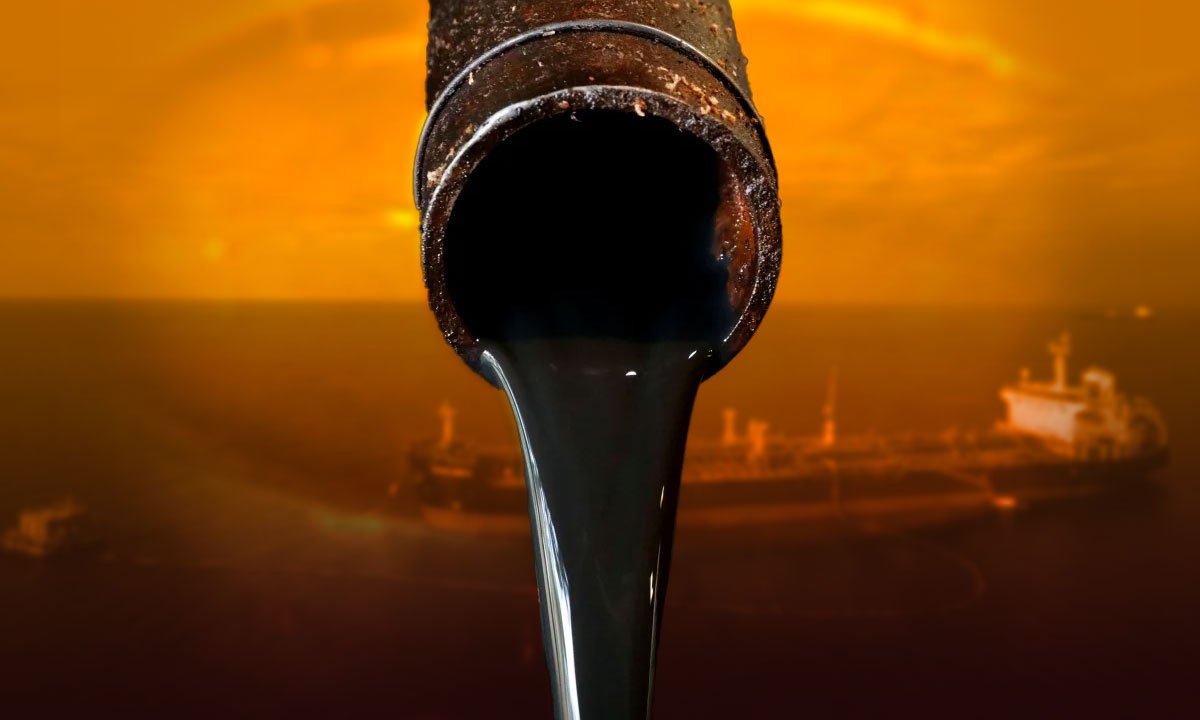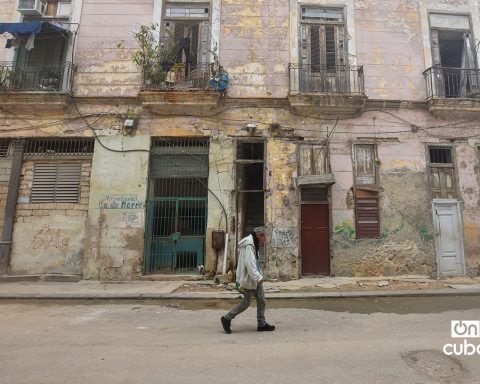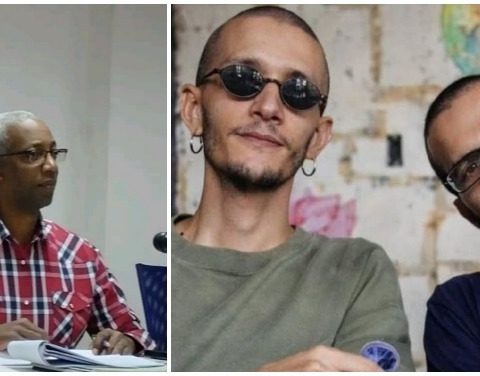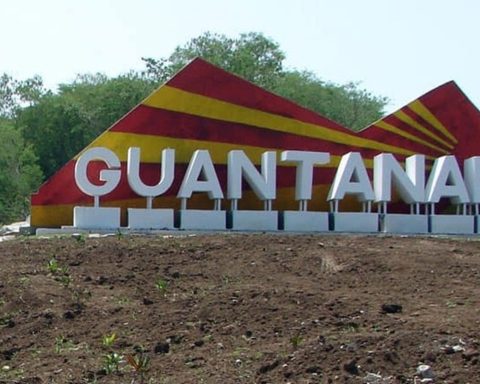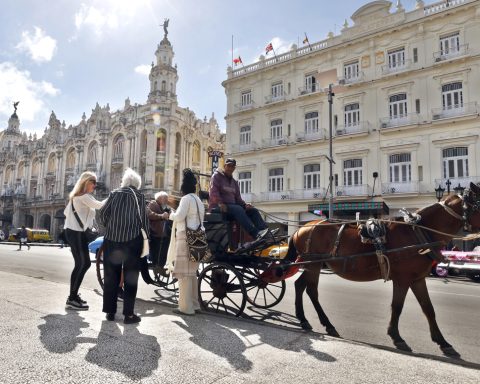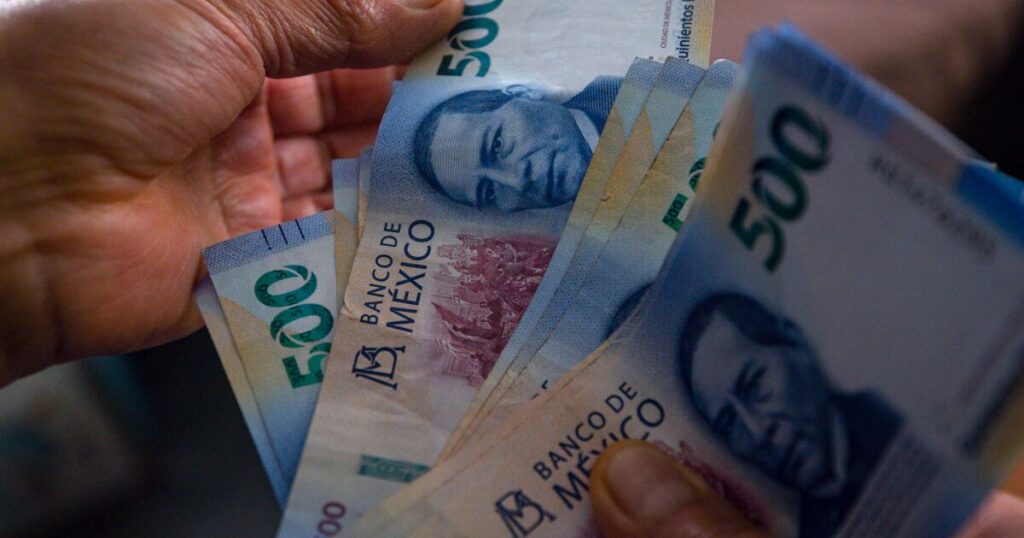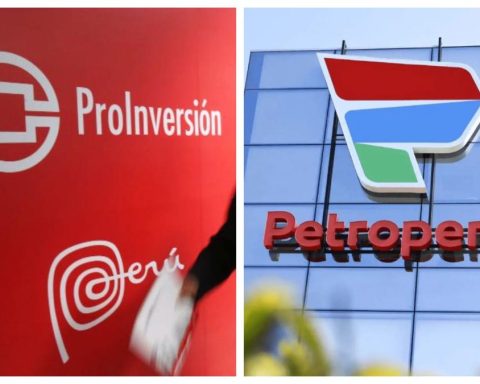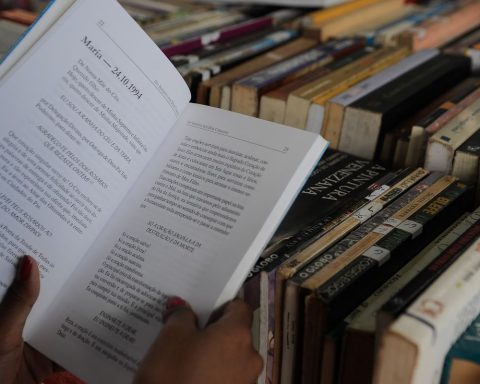Although Hungary Y Slovakia are members of the European Union (EU) and the North Atlantic Treaty Organization (NATO), both countries announced on Tuesday the withdrawal of their support for multinational sanctions against the Russian energy sector, which the continental bloc is designing on the grounds that they depend almost entirely on those supplies.
European commissioners began debating a new package of sanctions on Russia that it could reach a total embargo against the Slavic nation’s crude oil, although it has not been leaked that this is included in the package.
The Slovak Economy Minister, Richard Sulik, alleged to the agency AP that the only refinery in the country cannot immediately switch from Russian crude to another type of oil, because changing the technology would take several years. “So, we will insist on the exemption, for sure,” he assured.
Slovakia is almost entirely dependent on Russian oil, which it receives through the Druzhba pipeline, built during the former Soviet Union. Hungary is in the same situation, although other important importers of hydrocarbons, such as Germany, affirmed that they could deal with the problem if the EU banned oil or gas from Russia.
In any case, since the idea of blocking Russian crude began to be discussed, Germany has raised some doubts about the effectiveness of the measure.
In turn, the Hungarian Foreign Minister, Peter Szijjarto, said that his country will not vote in favor of any sanctions “that make it impossible to transport natural gas or oil from Russia to Hungary”. That Eastern European nation is a constant critic of the restrictive policies of the EU and, in turn, has been severely criticized for maintaining a nationalist policy of the extreme right that violates the precepts of European unity.
If Hungary and Slovakia maintain these positions, the dissidence of both countries would be the first within the EU and NATO since the sanctions against Moscow for the invasion of Ukraine began.
“The issue here is simple: Hungary’s energy supply cannot be in danger, because no one can expect us to allow Hungarians to pay the price of the war (in Ukraine),” Szijjarto said on a tour of Kazakhstan on Tuesday. “Currently it is physically impossible for Hungary and its economy to function without Russian oil.”
Despite disagreement among EU members over new energy sanctions, European Council President Charles Michel vowed to “crack the Russian war machine,” cutting off mainland countries from Russian natural gas supplies.
The bloc is seeking to secure alternative supplies from countries such as Algeria, Qatar and the United States. This includes installations of LNGan American conglomerate that is being built in northern Greece, and that Michel and the leaders of four Balkan countries visited on Tuesday.
